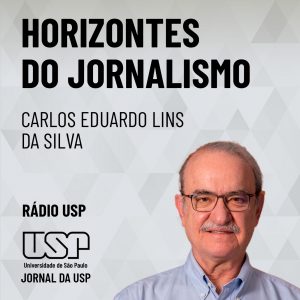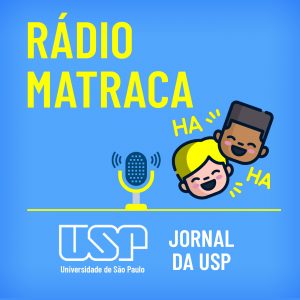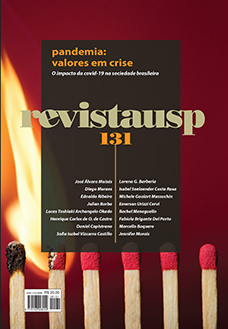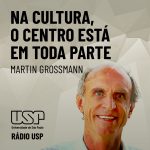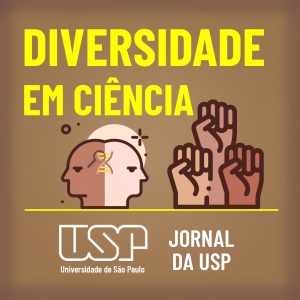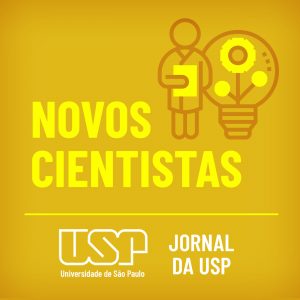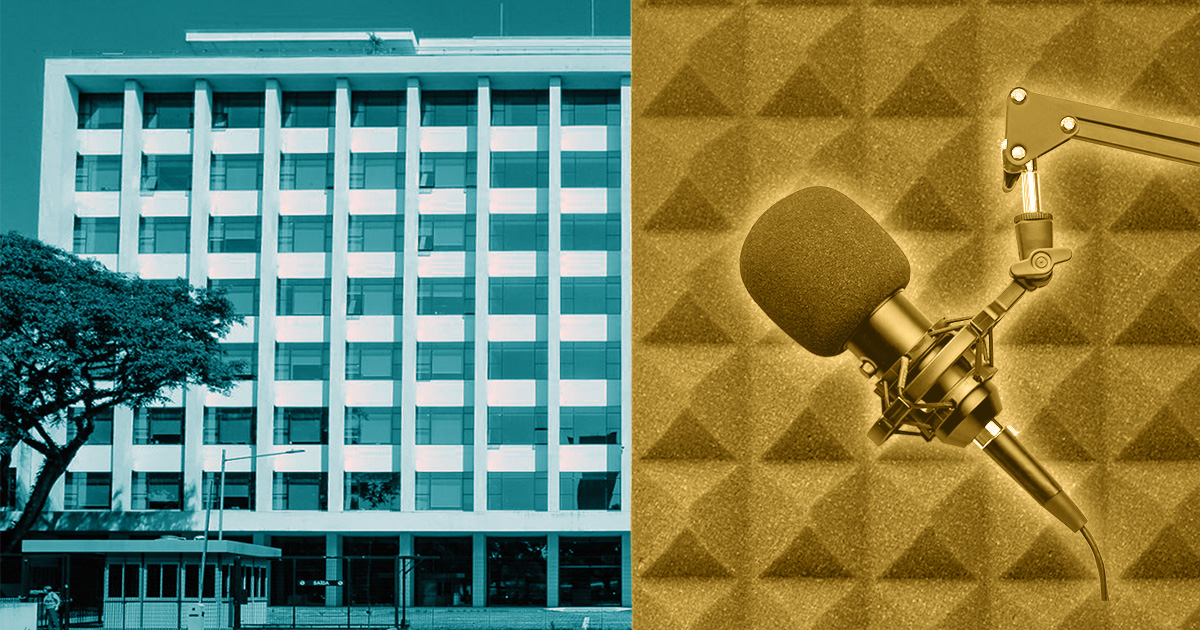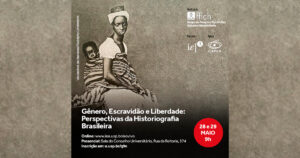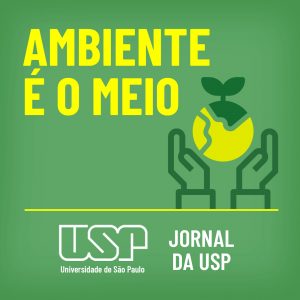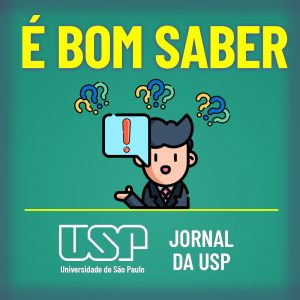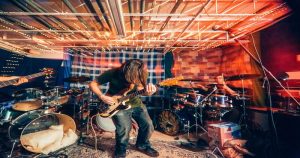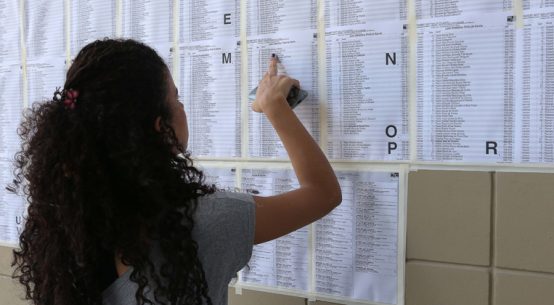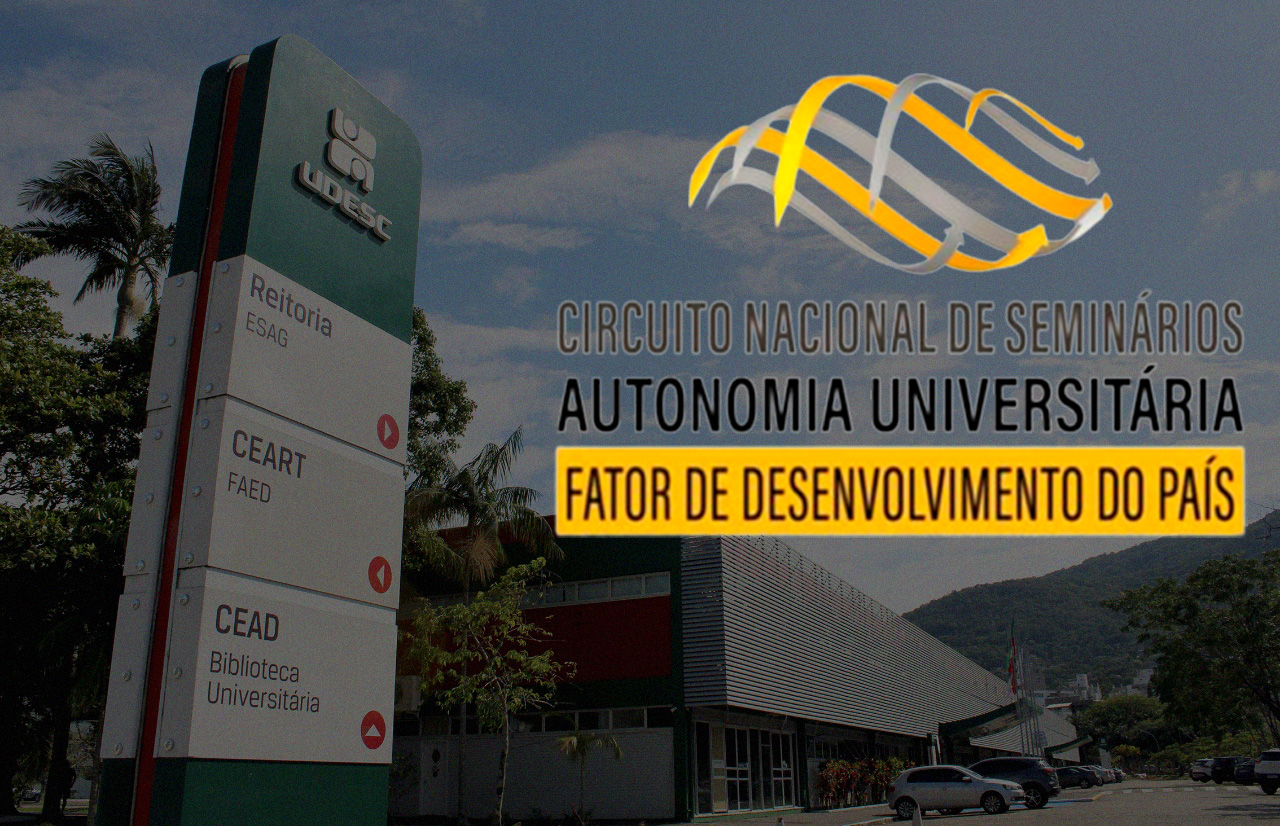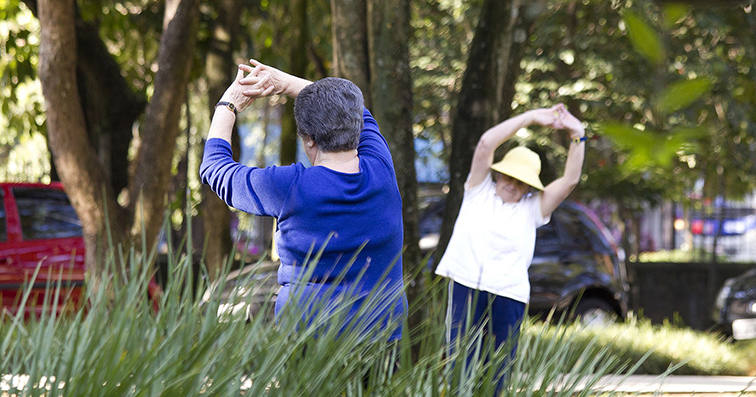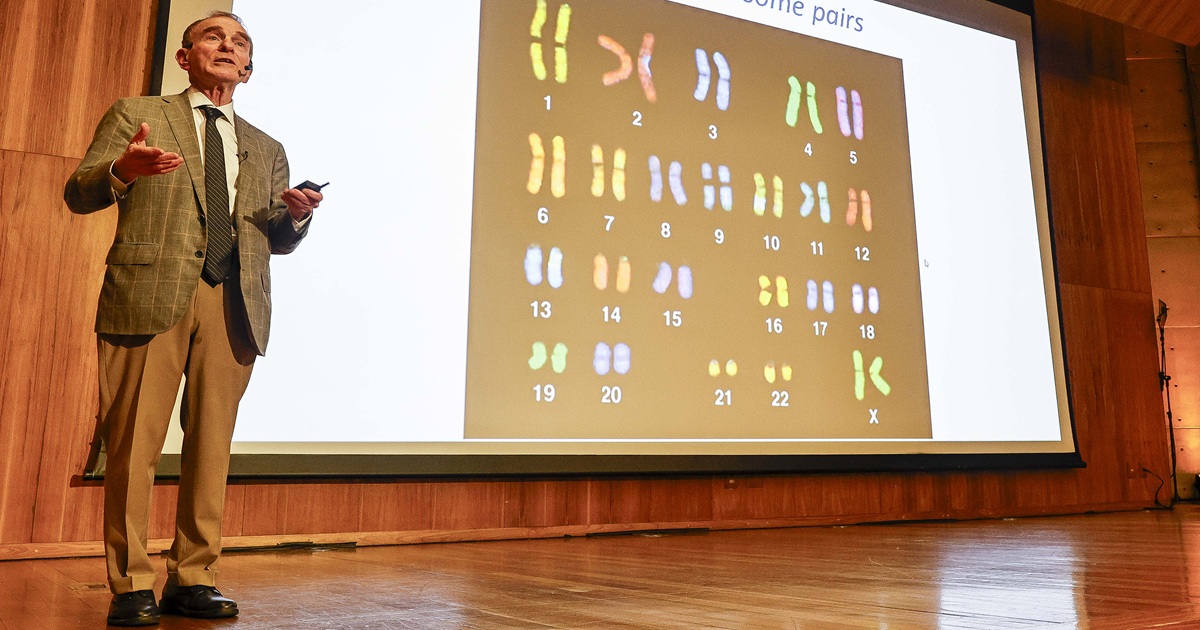
On November 25, USP received the winner of the 2013 Nobel Prize in Physiology or Medicine, Randy Schekman. The researcher gave the lecture “The role of genes, cells and basic science in discoveries and diseases”. Schekman’s visit to São Paulo is part of the Nobel Prize Inspiration Initiative program, a Nobel Media program, supported by the pharmaceutical company AstraZeneca, which takes Nobel Laureates to educational and research centers in several countries with the aim of inspiring young people and making them more involved with scientific issues.
Held in partnership with the Research Support Foundation of the State of São Paulo (Fapesp), the event, which was open to the public, brought together, at the István Jancsó Auditorium, in the Brasiliana Library complex, in São Paulo, about 300 students from various institutions and also from outside Brazil.
Graduated from Stanford University and professor at the University of California since 1976, Randy Schekman was born in the United States in 1948 and received the Nobel Prize together with James Rothman (USA) and Thomas Südhof (Germany) as a result of scientific discoveries regarding a cellular process known as vesicular transport, whose understanding allowed a relevant advance in the approach of several diseases, including tetanus and diabetes. The scientist helped found the journal eLife, which aims to speed up the publication process and make science broader and more accessible through an open access publication and open review.
“We are extremely proud to receive a Nobel Prize here at our University and happy for the great opportunity this visit represents for our students and researchers. We know how much your trajectory helps us in our researches and studies. Despite so many recent advances, there is still much to be discovered for an even greater development of medical research and we want to be part of it,” said the president of USP, Carlos Gilberto Carlotti Junior, in his presentation speech.
The president of Fapesp, Marco Antonio Zago, also welcomed the guest: “A scientist of such importance, with such a robust award, could be simply retired, but he decided he would not stop. On the contrary, it remains active and enthusiastic, inspiring new generations to research more about biology and seek solutions to combat the most varied diseases”, he said.
Inspiration for the youngest
In the chat with the audience, in addition to explaining the biological aspects involved in medical research, the guest also addressed some inspiring passages about his life. At the end, there was a Q&A session.
Schekman said his interest in science began as a child, thanks to a toy microscope he got as a gift at the age of 10. Curious, he began to use the equipment to observe various materials and noticed living organisms that moved in the lenses. The euphoria began to grow so that the boy began to pursue the goal of acquiring a more professional microscope, which cost $100, a high value for his conditions at the time, which motivated him to make money by doing small work jobs.
The money, however, ended up being borrowed continuously by his parents until he, one day, rode his bike to the local police station and denounced the “theft”. In the end, the boy ended up having his first true Bausch & Lomb microscope, starting decades of precious discoveries for world health.
Schekman’s life story is intertwined with his professional career in a remarkable way, especially since 2017, when his wife, Nancy, died after twenty years with the diagnosis of Parkinson’s Disease. At that time, already an established and award-winning scientist, he found motivation for a new starting point and accepted an invitation to lead a major line of research, aligning basic science with the disease, which today has almost 200 researchers in 14 countries.
Called Asap (acronym for Aligning Science Across Parkinson&’s), the initiative is led by the foundation maintained by actor Michael J. Fox, who also has the disease, with funding from Google founder Sergei Brin, the largest individual donor to disease research in the world. Brin found that his chance of developing Parkinson’s is higher than that of the general population due to a genetic mutation, which boosted his involvement with the cause.


